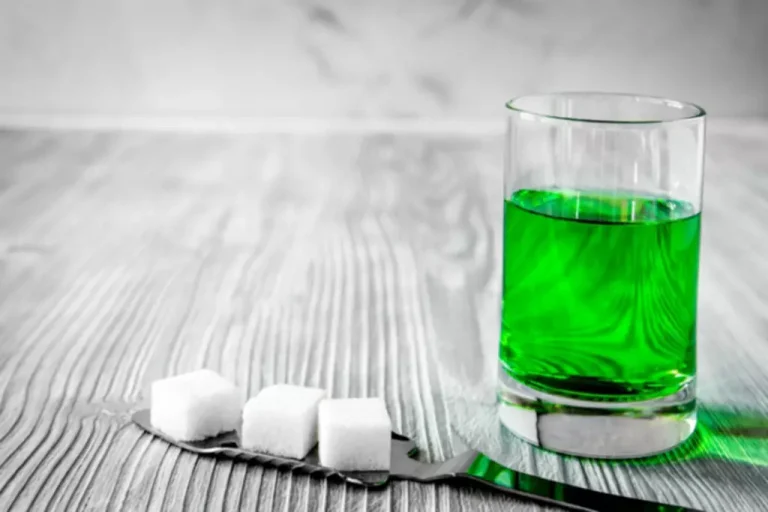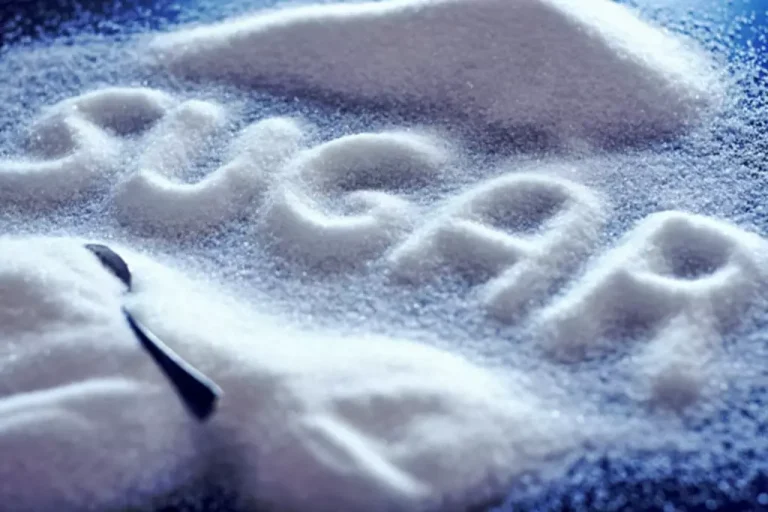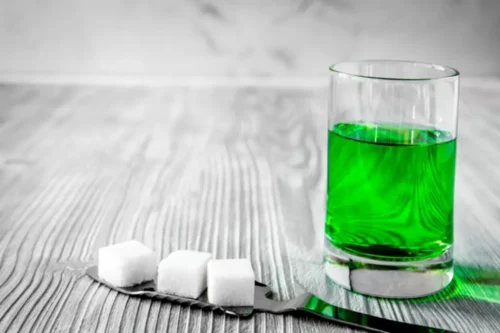
Alcohol, especially when consumed in large quantities over a long period, can significantly increase the risk of cataracts. With advancing technology we now can image the damaged structures that can cause dry eye disease and recommend preventive measures to improve future eye health. Dehydrated eyes are more prone to dryness, as the tear film that protects the eye’s surface becomes unstable due to the lack of moisture.
Alcohol and Eye Health: The Effect of Alcohol on Vision
Treatment and recovery options are accessible, offering a path to both sobriety and better eye health. Over time, consuming alcohol regularly can increase your risk of developing premature cataract formation. Long-term impairments may also include permanent blurring of vision or double vision, which are caused by the weakening of the eye muscles, resulting in a slower reaction time. As alcohol slows the central nervous system, it also reduces the reactions of the pupils. As a result, pupils are unable to dilate and constrict adequately to adjust to the light surrounding them.
Reduced Visual Acuity
However, it is worth considering the impact of drinking on your body, particularly your eyes. Not only can drinking contribute to DED, but it may also make existing DED symptoms worse. Dry eye symptoms can persist even after stopping drinking, and alcohol withdrawal may cause issues with tear production. Tear production is one of many functions that disrupted nerve signaling can affect. If your brain isn’t communicating correctly with the glands that produce tears, for example, you may notice that your eyes are dry during alcohol withdrawal. Many of these conditions can cause significant visual changes, unusual eye movement, and vision loss.

Contrast Reduction

There should be no long-term problems; short-term problems, however, such as blurred vision or headaches are common from overindulgence. Long-term abuse of alcohol can also lead to toxic amblyopia or vision loss. Both short-term and long-term use of alcohol affects the optic nerve and the relationship between the brain and the eye. Short-term or immediate vision effects of drinking too much can impair your peripheral vision, resulting in tunnel vision. This makes it harder for your pupils to react, so they can’t constrict or dilate properly. Even common tasks, such as driving at night, can become a challenge with the direct impact of headlights decreasing reaction times.
Tips for Healthy Eyes
- Florida Eye Specialists and Cataract Institute would like you to gain some knowledge about eyes and alcohol and whether excessive drinking can lead to eye problems.
- In the short-term, overconsumption of alcohol can result in blurry or double vision.
- Dr. Ivan Yong is an optometrist with over a decade of experience in the optical industry.
- The majority of people do not realize that consuming alcohol on a regular basis can be the cause of significant long-term health problems and other life-threatening effects.
- By drinking in moderation and taking care of your eyes, you can enjoy a healthier, clearer vision for years to come.
At PAX Memphis Recovery Center, our goal is to furnish readers with the latest and most precise addiction and healthcare insights available. We strictly adhere to accuracy standards, relying solely on reputable sources for the information provided on our website. Macular degeneration is a condition that affects the middle part of your vision. It’s often linked with aging, known as age-related macular degeneration (AMD). Recent research suggests that alcohol may increase the risk of some form of AMD depending on the level of consumption.


A huge risk factor for people who develop alcohol use disorder is early-onset drinking. So, if you drink before blurry vision hangover the age of 14, there’s about a 50% chance you’re going to develop an alcohol use disorder in your adulthood,” explains Dr. Anand. While these short term consequences will resolve on their own once as the alcohol leaves your system, the long term effects of alcohol abuse are far more concerning. Having dry eye disease does not mean your eyes have stopped producing tears; they may just not be producing the right kind of tears.
- It varies in frequency and duration, ranging from a few seconds to several minutes.
- Your vision relies on a few different functions that your brain and eyes carry out, and alcohol impairs more than one of these functions.
- Alcohol is a nervous system depressant that affects the functioning of organs, including the eyes.
Dr. Yong aims to expand access to affordable eyewear and improve eye health worldwide. Excessive alcohol consumption often leads to overall fatigue and tiredness, including eye fatigue. Symptoms may include difficulty focusing on objects, eye strain, and a strong sense of heaviness in the eyes. Apart from weakening the eye muscles, alcohol also affects the transmission of signals between the eyes and the brain. Overcoming addiction is a journey that often requires more than just good intentions.
What Does White Knuckling Mean in Addiction Recovery?
In addition to the short-term and temporary effects of alcohol, consuming heavy amounts of alcohol can lead to irreversible eye problems over time. You might develop a painless loss of vision, decreased peripheral vision, or reduced color vision. Short-term effects may result from intoxication, which people often describe as “being drunk.” This occurs when alcohol affects the central nervous system. A person can become intoxicated even with moderate drinking and may experience temporary disturbances to their vision.
- Vitamin A plays a crucial role in maintaining eye health, as it contributes to the production of a protein called rhodopsin that helps you see in low-light conditions.
- Alcohol is often a central part of social gatherings and celebrations, but its effects extend beyond a mere hangover.
- This might not only be disorienting but can also impact activities that rely on accurate color vision, like interpreting traffic lights or cooking.
- However, it is worth considering the impact of drinking on your body, particularly your eyes.
- Some individuals may suffer altered perceptions of color and light after drinking alcohol.
Consuming alcohol in moderation, or having two or fewer drinks per day for men and one drink or fewer per day for women, is unlikely to cause long-term eye issues. The vitamin is essential for proper eye health, playing an important role in the quality and quantity of tear production. Without enough of it, your tear production decreases, and the quality of your tears goes down. Drinking alcohol can cause dry eyes, and when dry eyes become a persistent problem, you may be living with DED.
